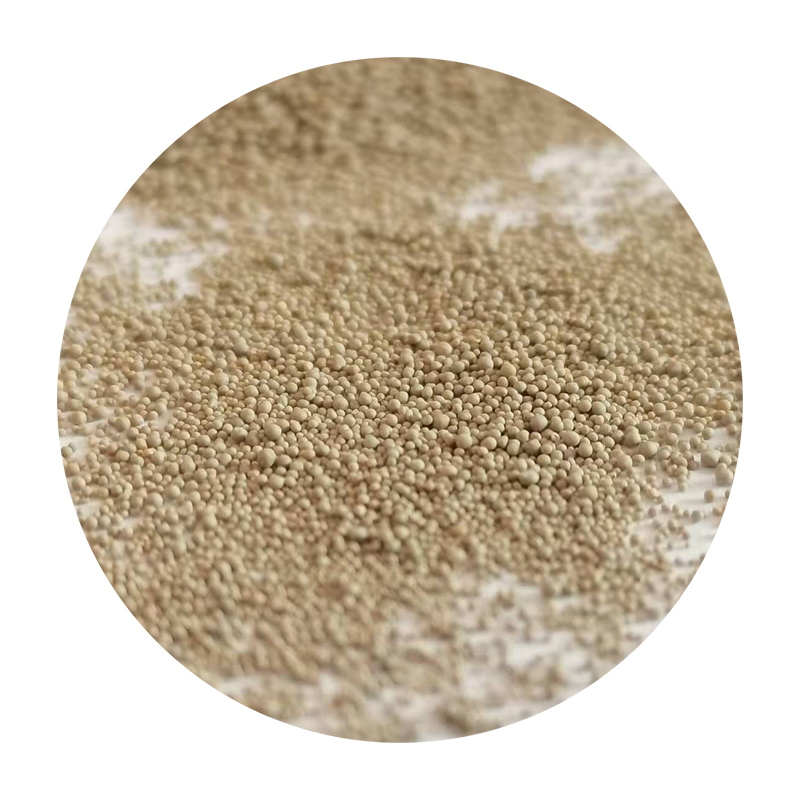Physical Properties of Foundry Sand
Foundry sand is a critical material used in the metal casting process, playing a pivotal role in determining the quality of the final product. Understanding its physical properties is essential for foundry operations to ensure optimal performance and achieve high-quality castings.
One of the most significant physical properties of foundry sand is its grain size. The size distribution of sand particles affects the permeability and strength of the sand mold. Generally, foundry sands are classified into different size ranges, commonly referred to as fine, medium, and coarse. Fine sands provide a smooth finish on castings due to their smaller particles, while coarser sands offer better air permeability, which can reduce defects during casting.
Another essential property is the shape of the sand grains. The ideal sand for metal casting should have a spherical or rounded shape, which facilitates better packing and allows for greater density. Angular grains, on the other hand, can lead to poor flowability and can increase the friction between particles, impacting the strength of the mold and ultimately affecting the casting quality.
physical properties of foundry sand

Moisture content is also a crucial factor in the performance of foundry sand. The right amount of moisture improves the cohesiveness of the sand, thereby enhancing its strength. Typically, a controlled moisture level ranging from 2% to 4% is preferable. Too much moisture can lead to defects such as mold explosions, while too little can result in a weak mold that fails to hold the shape during the pouring of molten metal.
Thermal properties, such as thermal conductivity and thermal expansion, are vital as well. Foundry sand must withstand high temperatures during the casting process without cracking or losing structural integrity. Sands with low thermal conductivity minimize heat loss, allowing for better control over the cooling rates of the casting.
Lastly, the specific gravity of foundry sand is an important property that influences the weight of the mold and its handling characteristics. Generally, foundry sands have a specific gravity ranging from 2.5 to 3.0, depending on their mineral composition and impurities. This characteristic helps determine the overall volume and weight of the casting setup.
In conclusion, the physical properties of foundry sand, including grain size, shape, moisture content, thermal characteristics, and specific gravity, are all intricately linked to the success of the metal casting process. Foundries must carefully select and manage these properties to produce high-quality metal castings that meet industry standards and customer expectations. Understanding and optimizing these properties not only improves casting quality but also enhances the overall efficiency of the foundry operation.
Post time:സെപ് . 04, 2024 08:23
Next:sand 3d print
